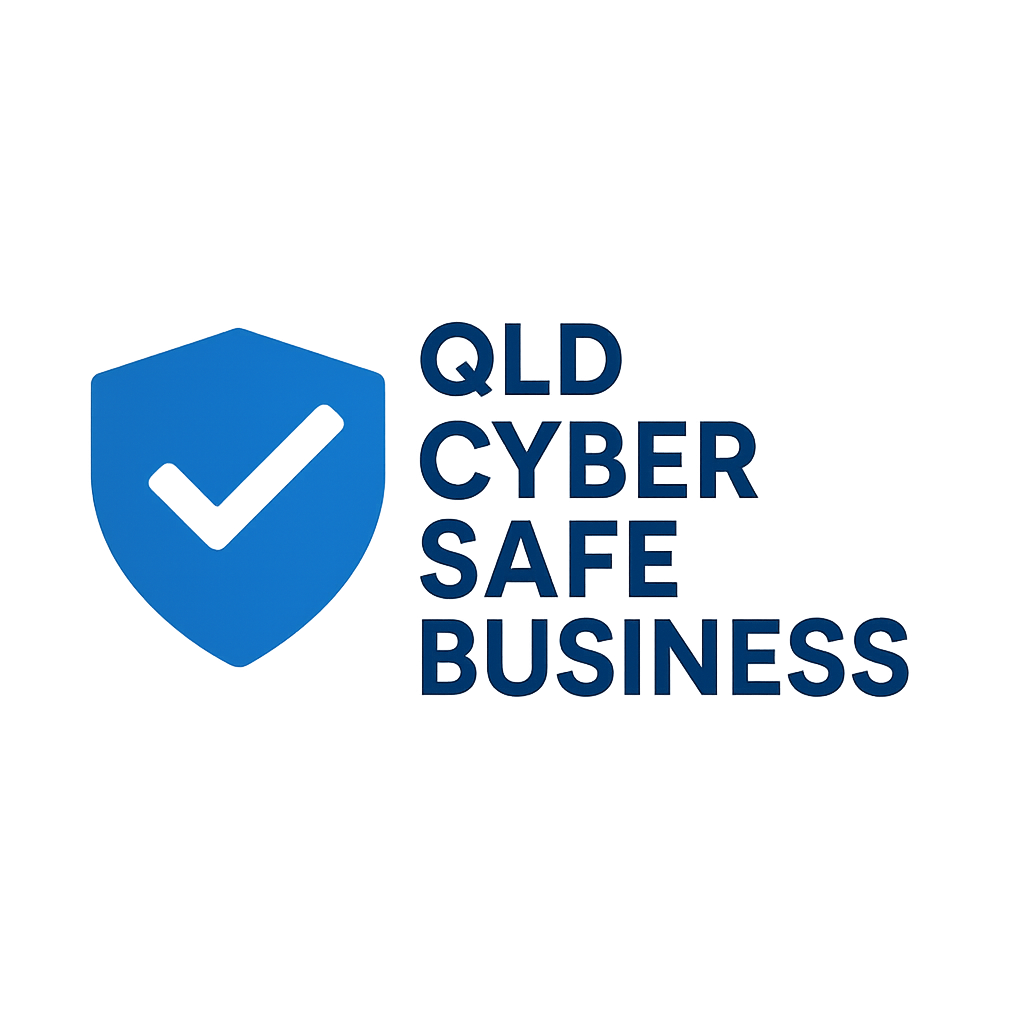In reality, while rules and requirements about how to handle data don’t automatically make your data safe, they’re necessary. What’s needed can vary depending on the type of work you do, where you are, and how your organization is set up. If your company has personal information about employees or customers, it probably has to follow the Privacy Act 1988 and rules about databreaches.
There can also be international rules to think about, especially if you’re dealing with people in different countries. For instance, Australian businesses that work with the European Union (EU) or have data from EU citizens must follow the General Data Protection Regulation (GDPR). And if your organization takes credit card payments or handles credit card data, it must meet the Payment Card Industry Data Security Standards (PCI-DSS). If you use Experian data, you have to agree to their security assessment called Experian Independent Third-Party Assessment (EI3PA).
Running a Business Impact Assessment (BIA) helps your organization understand what rules it should be following. It’s a way to identify possible weak points and threats. The information you get from the BIA also helps your organization create plans to reduce three kinds of risks: problems with daily operations, damage to your reputation, and legal issues related to rules and compliance.



